$34.7 billion to be poured into real estate market
According to economist Can Van Luc, there are at least four capital inflows into the real estate market: credit capital, private capital, foreign direct investment (FDI), and corporate bonds.
Data from the State Bank of Vietnam (SBV) shows that, as of June 30, total outstanding loans from banks in the real estate market were estimated at over $102.6 billion, up 14.07 per cent against late 2021, higher than the overall growth rate of 9.35 per cent and accounting for 20.74 per cent of the total credit balance of the whole system.
Private capital reached about $2.6 billion, accounting for about 20 per cent of the total registered capital of newly established real estate businesses in the first seven months of 2022.
FDI reached more than $3.21 billion as of July 20. Real estate corporate bonds were estimated at $1.9 billion, accounting for about 22 per cent of total issuance in the past seven months.
| Credit for business real estate increased by 8.19 per cent, accounting for 33 per cent, and credit for self-use increased by 17.2 per cent, accounting for 67 per cent, according to data from the SBV. |
“Until the end of the year, the total amount of capital poured into the real estate market will be about $34.7 billion. It is quite a big number compared to the entire amount of investment capital for the economy,” said economist Can Van Luc.
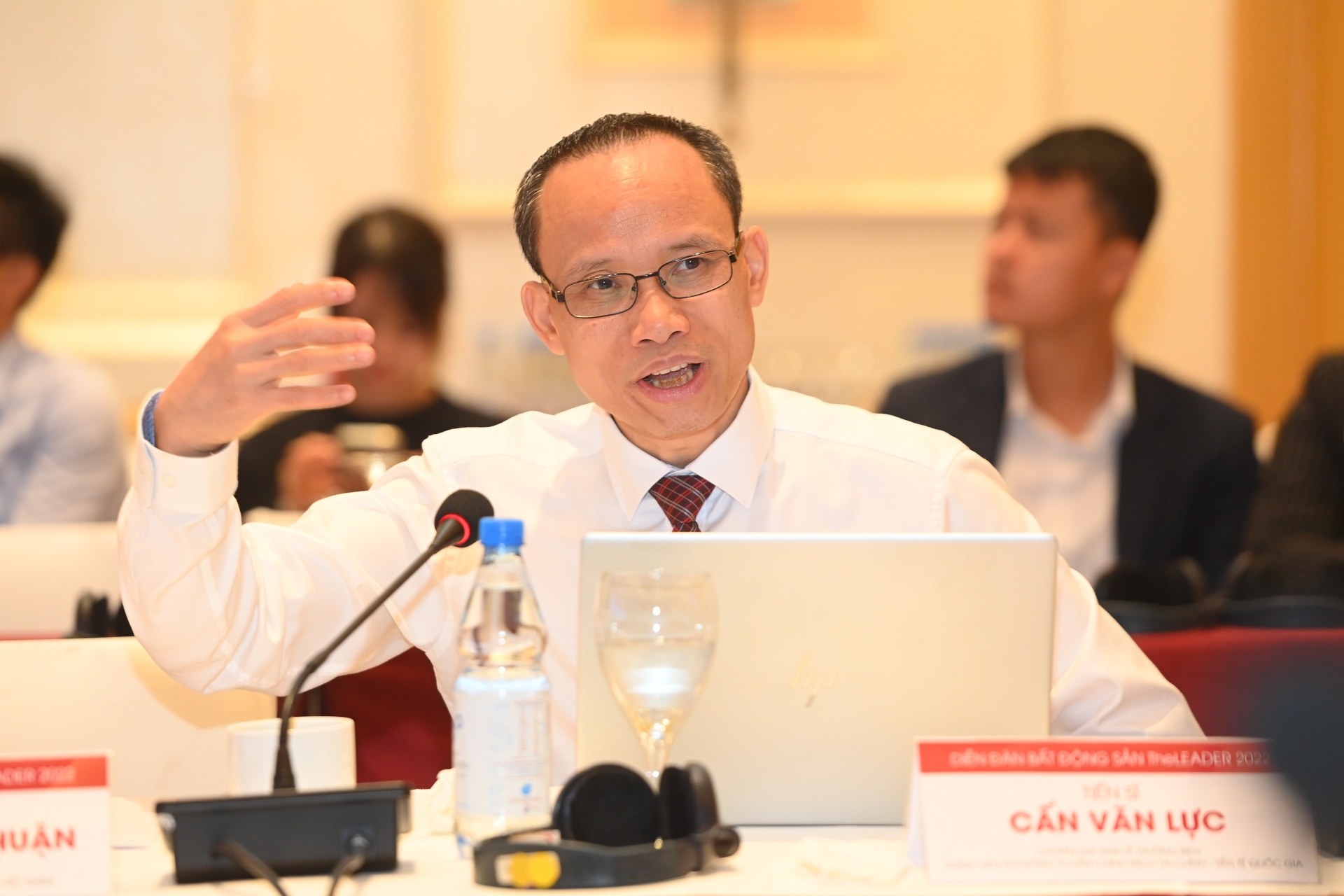 |
| Economist Can Van Luc expects the bond channel to continue to be expanded to help businesses solve difficulties in capital needs |
Luc added that the government will issue Decree No.153/2020/ND-CP. Thereby, the corporate bond channel is expected to be active again, although not as explosive as in the past two years, reaching a possible growth rate of 30-35 per cent.
However, experts also believe that in the context of real estate falling into silence, credit capital and corporate bonds being tightly controlled, the market is expected to continue to face many challenges in the coming time.
Chairman of BHS Group Nguyen Tho Tuyen pointed out four negative factors affecting the current real estate market. Firstly, the land prices have increased quite rapidly. There are land plot projects in the west of Hanoi increasing by up to $4,300 per square metre.
Credit is the second factor. Third, the broken supply chain causes the price of construction materials to soar, contributing to pushing up real estate prices across real estate asset classes. Fourth, inflation is having a great influence on the economy in general and the real estate market in particular.
“Many projects cannot be deployed because banks no longer have credit room for lending. Businesses face difficulty in accessing credit sources, directly affecting the liquidity of the market and the creditworthiness of investors,” Tuyen said.
At the forum, experts also agreed that real estate investment is no longer as easy as before. Speculative real estate is no longer an attractive investment channel. Real estate serving real needs, apartment buildings, industrial parks, among others, will have a lot of potential for development.
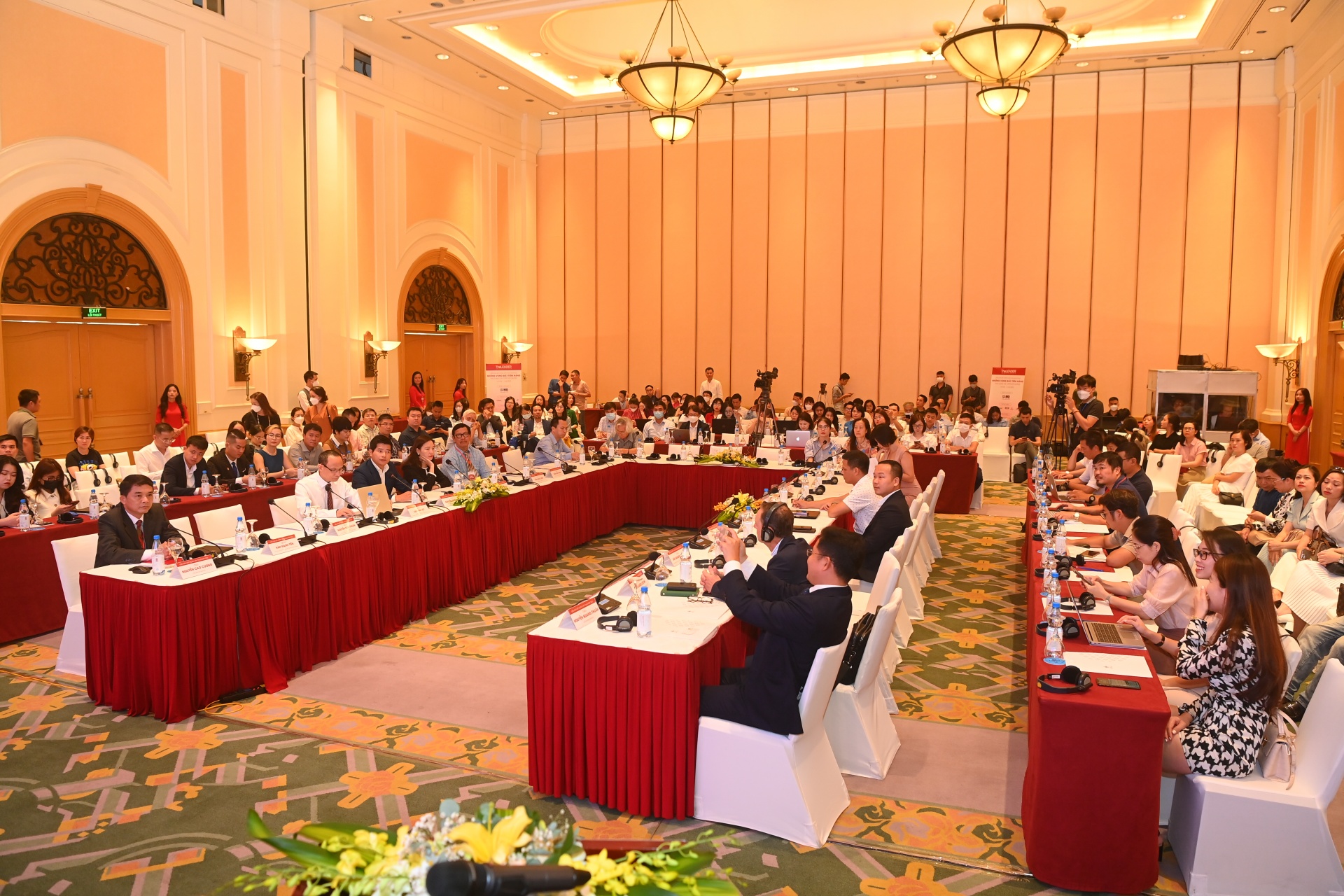 |
| The forum aimed at helping investors have a better overview of the current situation |
Nguyen Duc Quan, deputy general director of NamLand Corporation commented, “At present, investors are looking to medium- and long-term capital flows in potential markets, with the ability to exploit, generate double profits and real estate projects that are guaranteed by foreign operators and reputable investors.”
Quan said that only investors with strong cash flow and good infrastructure can win investors’ confidence at this time. However, this is also an opportunity for investors to own real estate at a reasonable price because the market price is likely to be adjusted, along with a series of preferential policies of investors to stimulate market demand.
 | Real estate market heads corporate bond issuance as enterprises lean on loans The bond market continues to be seen as a positive capital mobilisation channel for businesses and the economy, with some industries faring better than others in this regard. |
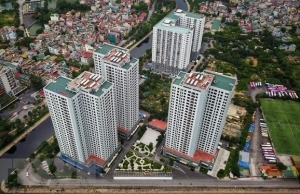 | Making better decisions in real estate Foreign investors in Vietnamese real estate usually find the procedures of project planning to be cumbersome and filled with too many risks. However, as investment managers frequently say: high risk, high return. Besides the glory and prosperity of a successful real estate project, we have also witnessed many situations where financiers from abroad have paid the price for their bad decisions. |
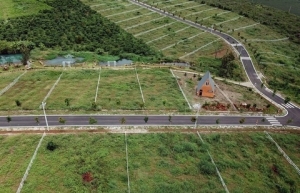 | Real estate market slowing down, experts divided on bubble risk As moves are taken to control the credit flow into certain segments, while localities seek to tighten the land lot split, the real estate market could slow down, but experts remain divided on the risk of the bubble bursting. |
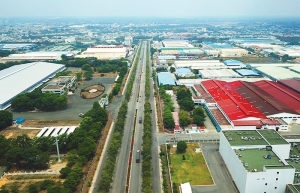 | Industrial real estate remains defiant in stock market Many businesses in the industrial property sector recorded strong business results in the first half of 2022, with rental demand and average rates in increasing industrial zones increasing. |
What the stars mean:
★ Poor ★ ★ Promising ★★★ Good ★★★★ Very good ★★★★★ Exceptional
Related Contents
Latest News
More News
- Construction firms poised for growth on public investment and capital market support (February 11, 2026 | 11:38)
- Mitsubishi acquires Thuan An 1 residential development from PDR (February 09, 2026 | 08:00)
- Frasers Property and GELEX Infrastructure propose new joint venture (February 07, 2026 | 15:00)
- Sun Group led consortium selected as investor for new urban area (February 06, 2026 | 15:20)
- Vietnam breaks into Top 10 countries and regions for LEED outside the US (February 05, 2026 | 17:56)
- Fairmont opens first Vietnam property in Hanoi (February 04, 2026 | 16:09)
- Real estate investment trusts pivotal for long-term success (February 02, 2026 | 11:09)
- Dong Nai experiences shifting expectations and new industrial cycle (January 28, 2026 | 09:00)
- An Phat 5 Industrial Park targets ESG-driven investors in Hai Phong (January 26, 2026 | 08:30)
- Decree opens incentives for green urban development (January 24, 2026 | 11:18)

 Tag:
Tag:




















 Mobile Version
Mobile Version